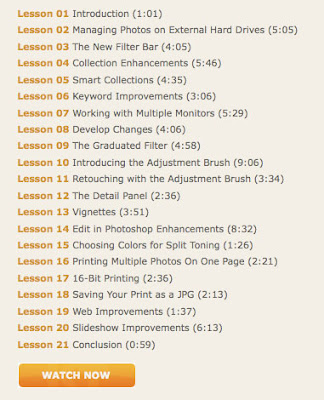 Lightroom Room 2 Power Session with Matt Kloskowski.
Lightroom Room 2 Power Session with Matt Kloskowski.
Thursday, July 31, 2008
Lightroom 2 "Adjustment Brush" Tutorial
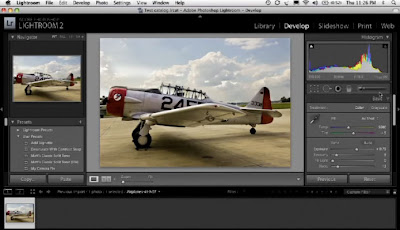 What can the new "Adjustment Brush" do in Lightroom 2? Scott Kelby has a very helpful tutorial posted on the Adobe Photoshop Lightroom 2 Learning Center. Select "Scott K - Adjustment Brush" in the right hand column.
What can the new "Adjustment Brush" do in Lightroom 2? Scott Kelby has a very helpful tutorial posted on the Adobe Photoshop Lightroom 2 Learning Center. Select "Scott K - Adjustment Brush" in the right hand column.
Adobe Photoshop Lightroom 2
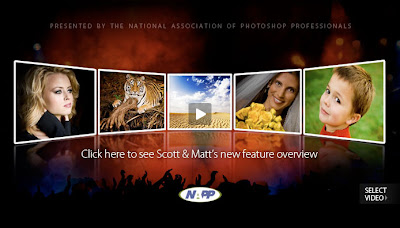 Lightroom 2.0 is finally available. An already amazing program is now even more amazing, especially with a new feature called "The Adjustment Brush"! You can find out more about this new version of Lightroom by visiting the links below:
Lightroom 2.0 is finally available. An already amazing program is now even more amazing, especially with a new feature called "The Adjustment Brush"! You can find out more about this new version of Lightroom by visiting the links below:Adobe Photoshop Lightroom Home Page
Adobe Photoshop Lightroom Learning Center
Adobe Photoshop Lightroom Killer Tips
Adobe Photoshop Lightroom 2.0 FAQ
Kelby Training: Adobe Photoshop Lightroom 2.0
Monday, July 28, 2008
National Geographic: Visions Of The Earth
Here are a few photos currently featured in National Geographic's "Visions Of The Earth" gallery. Click here to see photo credits and a description for each of these fabulous photos.
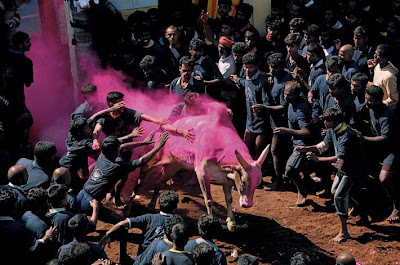


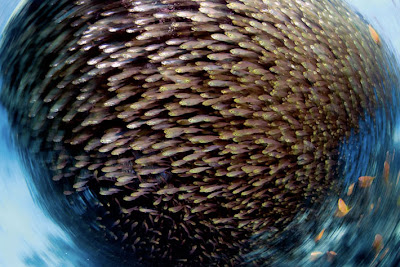






Monday, July 21, 2008
Thursday, July 17, 2008
Winning Photos: The Great Outdoors 2008
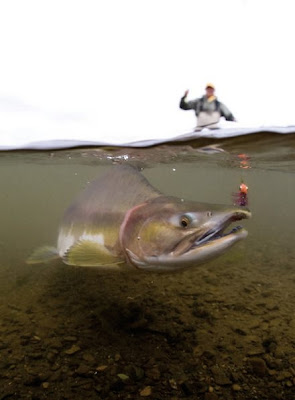
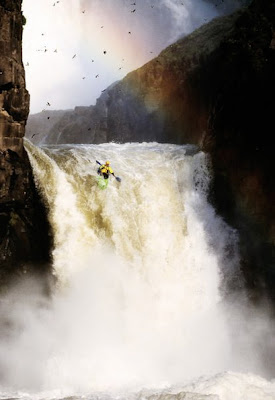
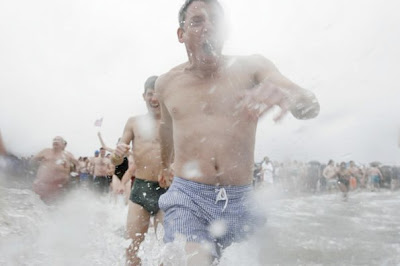
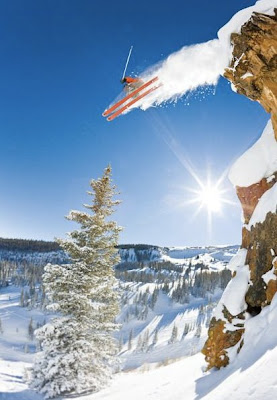
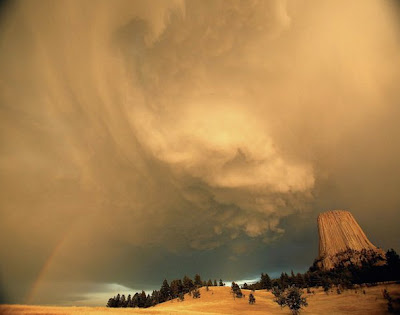
Click here to view all the winning photos from the Photo District News / National Geographic "Great Outdoors 2008" photo contest. Includes information about the photo, name of the photographer, and category it was entered in.
Tuesday, July 15, 2008
Nikon's "Small World" Photomicrography Gallery & Contest
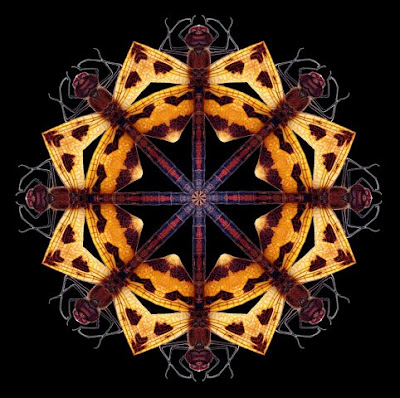
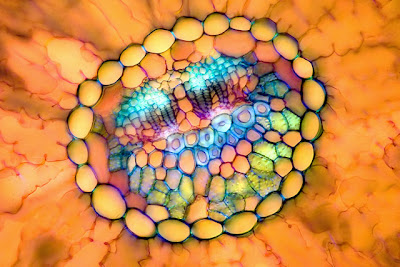
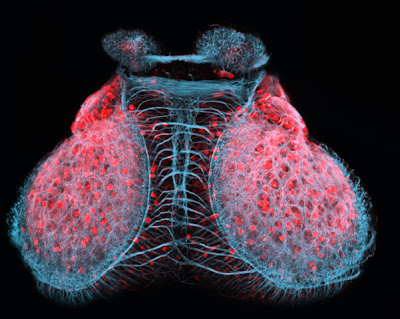
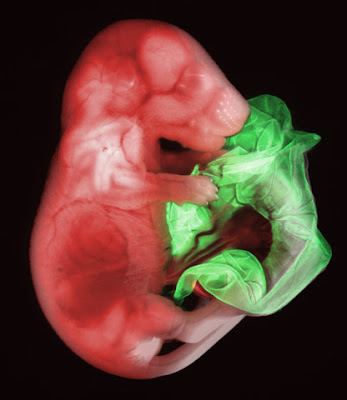
 Nikon's "Small World" is regarded as the leading forum for showcasing the beauty and complexity of life as seen through the light microscope. For over 30 years, Nikon has rewarded the world's best photomicrographers who make critically important scientific contributions to life sciences, bio-research and materials science. Deadline for entries this year: April 30, 2009. Click here for more information.
Nikon's "Small World" is regarded as the leading forum for showcasing the beauty and complexity of life as seen through the light microscope. For over 30 years, Nikon has rewarded the world's best photomicrographers who make critically important scientific contributions to life sciences, bio-research and materials science. Deadline for entries this year: April 30, 2009. Click here for more information.
Monday, July 14, 2008
Anti-Static Case For Bare Drives
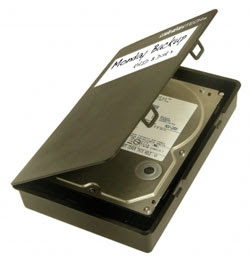 After purchasing WiebeTech's RTX200 to add to my backup system, I realized I needed a way to store the loose internal drives I planned to switch in and out of the RTX200. Turns out Wiebetech also sells a couple different protective cases. The one pictured above (which is the model I bought) sells for $5.95 each. Their "Anti-Static Drive Cases For Bare Drives" are located here. My earlier post on WiebeTech's RTX200 can be found here.
After purchasing WiebeTech's RTX200 to add to my backup system, I realized I needed a way to store the loose internal drives I planned to switch in and out of the RTX200. Turns out Wiebetech also sells a couple different protective cases. The one pictured above (which is the model I bought) sells for $5.95 each. Their "Anti-Static Drive Cases For Bare Drives" are located here. My earlier post on WiebeTech's RTX200 can be found here.
Thursday, July 10, 2008
Fantastic Backup Systems: WiebeTech RTX200

I recently added WiebeTech's RTX200 to my backup system, which now includes a first generation Drobo (with four internal 500 GB SATA drives), two 300 GB Seagate external drives, and one iOmega 500 GB drive. I've included the WiebeTech RTX200 to my backup system because I recently had THREE! -- yes, you read that right, THREE! -- LaCie external hard drives all fail in the course of one week! Or, to be more accurate, the LaCie housing failed. So I pulled the drives from the LaCie housing (two Seagate drives and one Samsung drive), and bought the WiebeTech system to house the old drives. The beauty of WiebeTech's system is that it allows you to hot swap drives. So instead of continuously buying new external drives, which consist of an internal drive encased in some kind of housing, you simply buy the internal drive and plug it into your WiebeTech bay whenever you need it. The particular WiebeTech box I bought is the RTX200H-QJ. It provides two docking bays and comes complete with FireWire 800, FireWire 400, USB2, eSATA connections.
Final note: When it comes to internal drives, I plan to stick with Digital Western, or Seagate, and avoid everything made by LaCie and Maxtor (which have both repeatedly failed me over the years).
Second Generation Drobo With Firewire 800

Those of you are regular readers of my blog know that I bought a Drobo in December of 2007. Now, seven months later, I'm glad to report that it has performed flawlessly. I reported two significant concerns in previous blogs: 1. That Drobo only uses SATA, not ATA drives; that Drobo uses 1/2 to 1/3 of your total storage capacity for making a backup of your backup. You can read my previous Drobo posts here.
I solved the first problem by migrating to SATA drives, and accepted the second shortcoming as a necessary evil of having a backup system that is designed to stay viable even if one or more of your drives fail. It costs more, but the peace of mind that comes from knowing specific hard drives can fail and you won't loose any data was worth it.
There was, however, another issue that has bugged me from day one: the first generation Drobo shipped with a USB 2.0 connection which made for slow transfers of data. The Drobo folks have now fixed that shortcoming with their second generation Drobo. Here's some background information from Rob Galbraith's website:
"Data Robotics has announced the immediate availability of a new version of its Drobo storage device featuring twin FireWire 800 ports, promised faster USB 2.0, an upgraded internal processor, quieter, cooler operation and revised firmware.
"A version of Drobo with four empty SATA I/II hard drive bays, two FireWire 800 ports and one USB 2.0 port is US$499 when purchased direct from the company (the previous generation USB 2.0-only Drobo is still available, for US$349 in the same driveless configuration). The FireWire 800/USB 2.0 version with two 1TB drives is US$899; with four 1TB drives, US$1299."
Click here for more information, including Drobo's press release.
Wednesday, July 9, 2008
Phil Clevenger - Lightroom Interface Designer
Frederick Johnson Writes:
"Phil Clevenger is the man behind the Lightroom user interface. Phil and I sat down to chat about what brought him to Adobe -- and what he learned from his time at MetaCreations designing rule-bending interfaces for software like Bryce and Kai’s PhotoSoap. He also gives some hints at some possible directions of the Lightroom UI, and his philosophy around the evolution of user interfaces in general."
Phil Clevenger - Lightroom Interface Designer from Frederick Johnson on Vimeo.
"Phil Clevenger is the man behind the Lightroom user interface. Phil and I sat down to chat about what brought him to Adobe -- and what he learned from his time at MetaCreations designing rule-bending interfaces for software like Bryce and Kai’s PhotoSoap. He also gives some hints at some possible directions of the Lightroom UI, and his philosophy around the evolution of user interfaces in general."
Phil Clevenger - Lightroom Interface Designer from Frederick Johnson on Vimeo.
Kerri & Ivan's Wedding
Here are a few photos from Kerri & Ivan's wedding. You can find all of the photos from their wedding posted in my SmugMug gallery. Their wedding took place at Tlaquepaque in Sedona, Arizona.
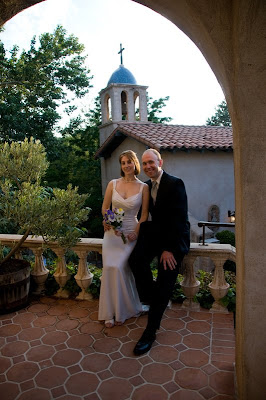
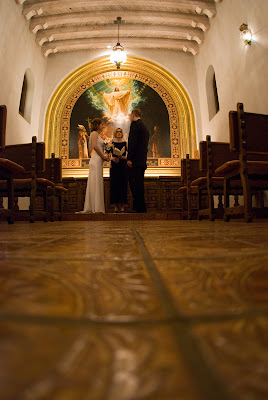
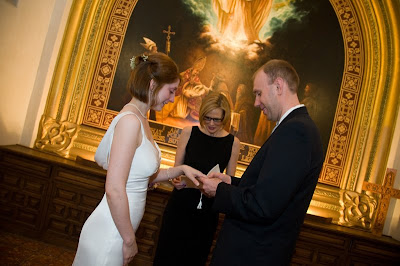
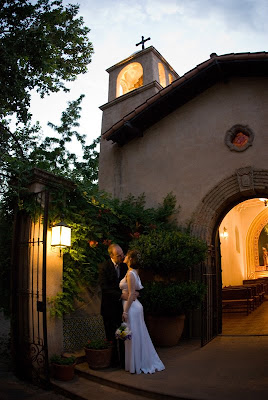
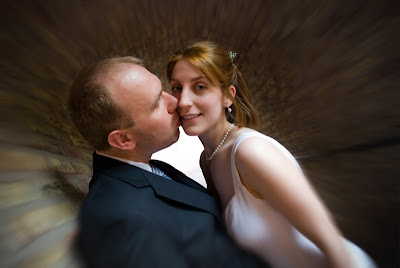
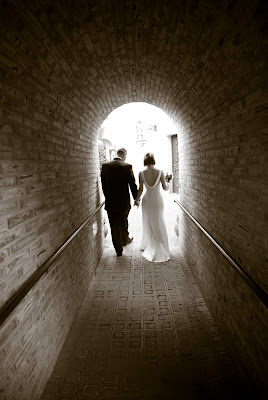






Monday, July 7, 2008
Ed Greenberg On Photography Copyright, Contract, And Creative Rights Issues
Scott Kelby Writes:
"If you’ve been reading this blog for the past month or so, you’ve read my posts about photographers being harassed when shooting in public, and a lot of readers have chimed in with comments about what we can and can’t shoot, what our rights as photographers are and aren’t, our interpretations of copyright law, and so on. There’s just one problem; we’re not attorneys.
"So, I contacted New York-based Intellectual Property Attorney Ed Greenberg, who’s a published author on the topic, and who has been dealing with photography copyright, contract, and creative rights issues for over 30 years, to finally get the straight no-nonsense scoop on all this..."
"The two clips, Part I and Part II... I think you’ll find it as eye-opening, surprising, revealing, and as incredibly valuable as I did. This interview can change the way you work and protect your images in a very profound way..."
Photoshop User TV interview with Ed Greenberg- Part 1:
Photoshop User TV interview with Ed Greenberg- Part 2:
Read/visit Scott Kelby's original blog on this topic.
"If you’ve been reading this blog for the past month or so, you’ve read my posts about photographers being harassed when shooting in public, and a lot of readers have chimed in with comments about what we can and can’t shoot, what our rights as photographers are and aren’t, our interpretations of copyright law, and so on. There’s just one problem; we’re not attorneys.
"So, I contacted New York-based Intellectual Property Attorney Ed Greenberg, who’s a published author on the topic, and who has been dealing with photography copyright, contract, and creative rights issues for over 30 years, to finally get the straight no-nonsense scoop on all this..."
"The two clips, Part I and Part II... I think you’ll find it as eye-opening, surprising, revealing, and as incredibly valuable as I did. This interview can change the way you work and protect your images in a very profound way..."
Read/visit Scott Kelby's original blog on this topic.
Saturday, July 5, 2008
Man Flying Lawn Chair Lifted By Helium Balloons
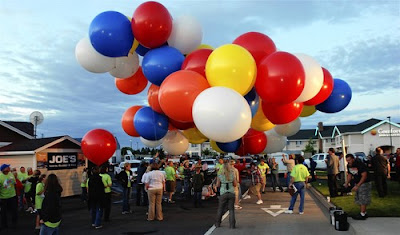
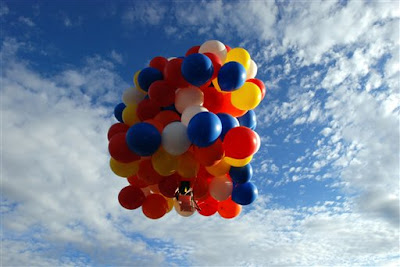 Kent Couch leaves his gas station in Bend, Ore., on Saturday, July 5, 2008, riding a lawn chair rigged with more than 150 giant party balloons in an attempt to fly to Idaho. He is equipped with a BB gun and a blowgun for popping balloons if he gets too high and three 15-gallon barrels of cherry Kool-Aid for ballast to release if he gets too low.
Kent Couch leaves his gas station in Bend, Ore., on Saturday, July 5, 2008, riding a lawn chair rigged with more than 150 giant party balloons in an attempt to fly to Idaho. He is equipped with a BB gun and a blowgun for popping balloons if he gets too high and three 15-gallon barrels of cherry Kool-Aid for ballast to release if he gets too low.Original Associated Press article.
More Photos.
Tuesday, July 1, 2008
Nikon SB-900 Speedlight
 Nikon Europe announces the Nikon SB-900. Their new flagship Speedlight offers exceptional high-speed, high-power operation combined with an extended zoom range. The SB-900 incorporates a moving diffuser and light source that can zoom from 17mm to 200mm in just 1.2 seconds while maintaining an even light distribution. The versatile new flash provides a choice of three illumination patterns (centre-weighted/standard/even) that can be selected to suit a particular subject.
Nikon Europe announces the Nikon SB-900. Their new flagship Speedlight offers exceptional high-speed, high-power operation combined with an extended zoom range. The SB-900 incorporates a moving diffuser and light source that can zoom from 17mm to 200mm in just 1.2 seconds while maintaining an even light distribution. The versatile new flash provides a choice of three illumination patterns (centre-weighted/standard/even) that can be selected to suit a particular subject. Click here for more information.
How To Shoot Fireworks
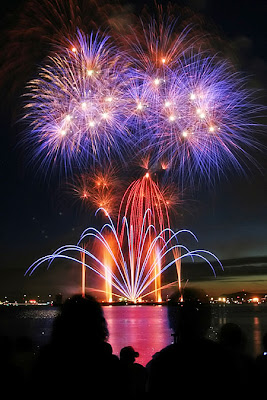 Excerpt From Scott Kelby's Blog:
Excerpt From Scott Kelby's Blog:- Use tripod
- Use cable release
- Use a zoom lens (ideally a 200mm or more)
- Use Manual mode:
1. Set the Shutter Speed to 4 seconds
2. Set the Aperture to f/11. Fire a test shot and look at the LCD monitor on the back of your camera to see if you like the results. If it overexposes, lower the shutter speed to 3 seconds, then take another shot and check the results again.
TIP: If your camera has “Bulb” mode (where the shutter stays open as long as you hold down the shutter release button down), this works great–hold the shutter button down when the rocket bursts, then release when the light trails start to fade.
Read complete article here.
DPReview: Nikon D700
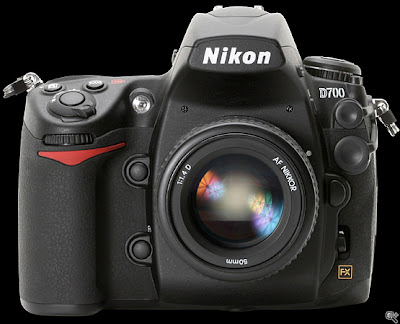
Excerpt:
"The D700 joins the D3 as a fully-fledged 'professional' model; it has the same tank-like build quality (though we're sure the pop-up flash will cause a few raised eyebrows), and gets you the full pro service from Nikon. And the pricing (around $2999) reflects this; anyone hoping for an 'affordable' semi-pro full frame Nikon SLR will have to wait until the cost of producing such large sensors falls considerably."
Read complete preview.
Ken Rockwell: Nikon D700
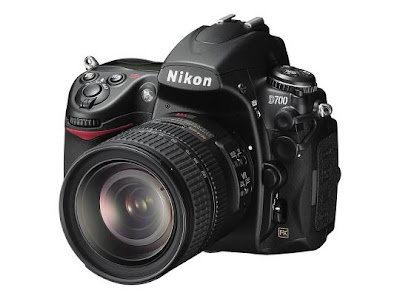
From Ken Rockwell's website:
"The Nikon D700 is Nikon's top new amateur camera. It's mostly a D300 with the larger FX sensor of the D3. Thus it has image quality mostly identical to the D3, but D300-class handling, which is a notch or two below the D3 for sports and action.
"The Nikon D700 adds a cleaning system and a separate new rear INFO button. Beyond that, I'm not seeing anything life-changing that isn't already in the D3 and D300.
"The function button can be assigned to do more more things, probably including the Picture Control option, but if you do, you lose what you could have programmed the FUNC button instead. I already have to swap my FUNC button among FX/DX digital zoom, non-CPU lens swapping or virtual horizon.
"Don't get too excited; the D3 is no sharper than the D300. The only reason to love the FX sensor over the DX sensor of the D300 is for much cleaner images at high ISOs and for ultra-ultra-wide shots. For ultra-ultra wide shots, you'll also need to buy a 14-24mm, 14mm f/2.8 AF-D or 15mm f/3.5 lens, each over $1,000.
"For sports and action, the D3 is still king. I don't see that the D700 is any faster than the D300.
"Then again, the D700 has a built-in flash and remote wireless flash controller. Honestly, with the D3 and therefore the D700, you just don't need flash anymore except for fill.
Lens Compatibility
"Thank goodness, the D700 works with all conventional AF, AF-D and AF-S lenses.
"It also meters with AI and AI-s manual focus lenses as does the D3, and if you enter the focal length and f/stop, gives matrix metering and correct EXIF data. Whoo hoo, this mean you can use the full catalog of manual lenses."
Read Rockwell's complete review. Includes images, illustrations and camera specifications.
Nikon D3 & D300 Firmware Updates
From http://www.dpreview.com/
"In addition to the announcement of the D700, Nikon has revised the firmware of the D3 and D300. The latest D3 firmware adds new function button customization options though not the ones featured on the D700. In addition to these and a virtual horizon in live view mode, Nikon has also addressed the problem that some users experienced in which the battery indicator would incorrectly register an empty battery. This problem, which has come to be known as 'Dead Battery Syndrome,' has also been addressed in new firmware for the D300.
"D3 firmware makes improvements to AF and Auto White Balance mode, as well as correcting for the battery indicator errors. Many of the other changes are subtle tweaks to menus and behavior, such as the decision to only all auto-rotate of images in playback mode, not in the review image that appears after shooting (as the camera must already be in the correct orientation to have taken the shot).
"The only D700 feature to appear is the addition of a visualization of the virtual horizon function to live view mode. Other than this, the new function button customization options are not as extensive as its new baby brother. The D3 changes add three more options that can be assigned to the Function, Preview or AE-L/AF-L buttons. The only completely original option is the ability to scroll between shooting menu banks (user-defined presets) with a button press and turn of the control dial. The firmware also separates the image area (FX/DX/5:4) option into two, so that you can choose to either scroll between all three image sizes or just between FX and DX."
D3 firmware v2.00 can be downloaded from the following links:
Mac
PC
D300 firmware v1.03 can be downloaded from the following links:
Mac
PC
More details about the D3 changes can be found by clicking here.
"In addition to the announcement of the D700, Nikon has revised the firmware of the D3 and D300. The latest D3 firmware adds new function button customization options though not the ones featured on the D700. In addition to these and a virtual horizon in live view mode, Nikon has also addressed the problem that some users experienced in which the battery indicator would incorrectly register an empty battery. This problem, which has come to be known as 'Dead Battery Syndrome,' has also been addressed in new firmware for the D300.
"D3 firmware makes improvements to AF and Auto White Balance mode, as well as correcting for the battery indicator errors. Many of the other changes are subtle tweaks to menus and behavior, such as the decision to only all auto-rotate of images in playback mode, not in the review image that appears after shooting (as the camera must already be in the correct orientation to have taken the shot).
"The only D700 feature to appear is the addition of a visualization of the virtual horizon function to live view mode. Other than this, the new function button customization options are not as extensive as its new baby brother. The D3 changes add three more options that can be assigned to the Function, Preview or AE-L/AF-L buttons. The only completely original option is the ability to scroll between shooting menu banks (user-defined presets) with a button press and turn of the control dial. The firmware also separates the image area (FX/DX/5:4) option into two, so that you can choose to either scroll between all three image sizes or just between FX and DX."
D3 firmware v2.00 can be downloaded from the following links:
Mac
PC
D300 firmware v1.03 can be downloaded from the following links:
Mac
PC
More details about the D3 changes can be found by clicking here.
Subscribe to:
Comments (Atom)








